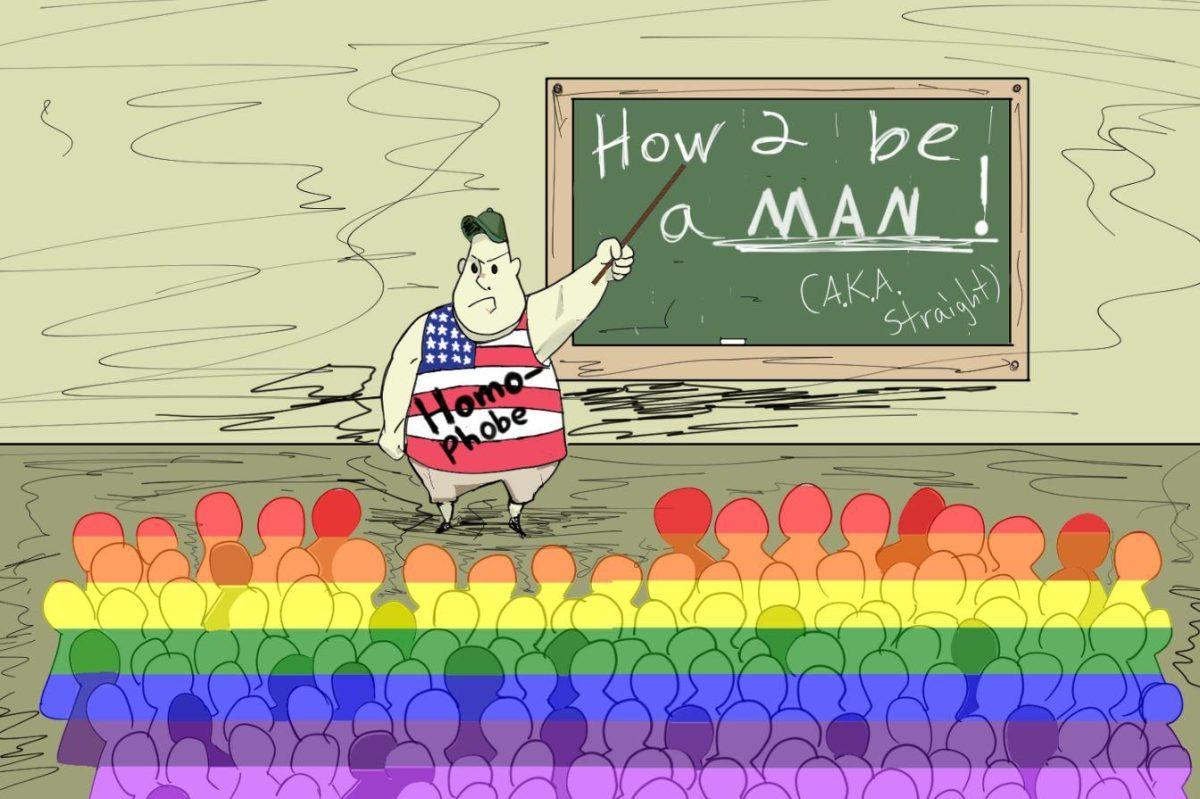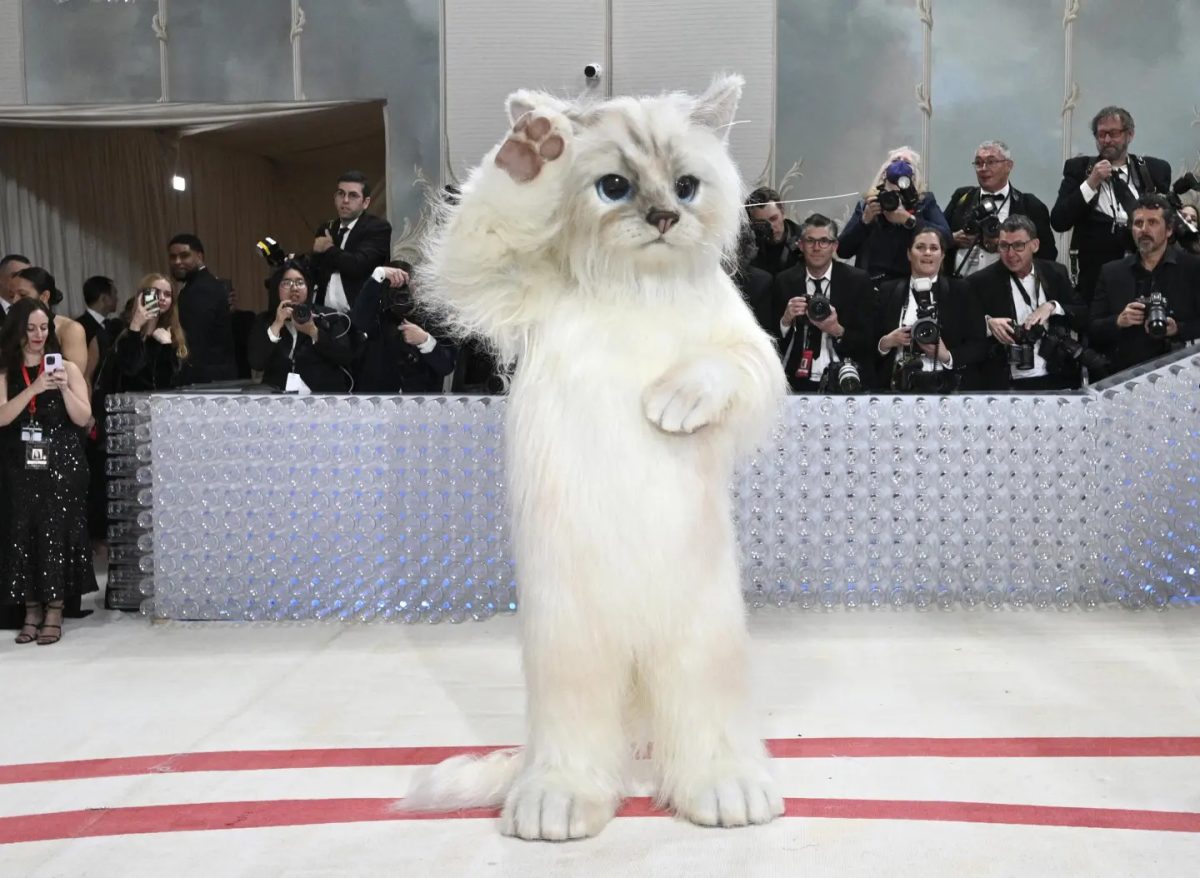The United States is in a period of its history that is riddled with political unrest from both sides of the spectrum, becoming more and more polarized. People are having conversations about everything: abortion, gun control, sex workers and even athletes protesting. While there are many dialogues taking place, a particularly interesting conversation is the one about masculinity.
Merriam-Webster defines masculinity as “having qualities appropriate to or usually associated with a man.” That can be as simple as having facial hair or as robust as being dominant. The problem with the definition is no one can truly define manhood. Masculinity is an idea presented to boys at a young age.
When watching television programs or kids movies, masculinity is omnipresent. Masculinity is shown when prince charming saves the woman in distress or when men run the household in TV shows. Boys are programmed to desire to be masculine, and the ideas most closely associated with masculinity are disgusting and abusive in some way or another. Masculinity seems to bring out a side of people most associated with dominance, which oftentimes presents itself in the worst ways. Men will shame a woman for being a sex worker yet want to objectify women at every turn. This form of masculinity is typically referred to as hypermasculinity.
Hypermasculinity is a psychological term for the exaggeration of stereotypically male behavior. Hypermasculinity is usually an emphasis on strength and aggression — both sexually and physically. Hypermasculinity is shown and called out on Twitter all the time. Men may dismiss how their behavior is disrespectful or even abusive, but we as men need to hear it.
The issue with hypermasculinity, and thereby masculinity itself, is it is a direct parallel and direct conflict with femininity. There are a couple of ways to see how this is true: one example is the larger portion of men who are staunchly homophobic. Homophobia may have something to do with an individual’s religious beliefs, but it is more likely that it has to deal directly with men deeming homosexuality as feminine. It is the same reason why some men are against moaning during sex. Believing a man could be attracted, love and have sex with another man is considered wrong.
Straight men believe it’s wrong because being a homosexual male is equatable to being feminine putting it in direct conflict with the masculine individual. Men claim to care for and love femininity when it’s a woman’s trait, but dislike it as a man’s characteristic.
Femininity, viewed in a masculine perspective, revolves around the stereotypes of women being kind, being the caretaker and oftentimes being weak. This means the issue with gay men is them being feminine. That calls into question the actual ability to love women if the inherent issue is femininity. The answer is men are not actually loving women. Men are objectifying and loving the presence of a woman but not what a woman is. Men need to take a step back and begin to listen to what women have to say when we are being critiqued.
It is time for hypermasculinity to end. It’s also time to learn to love women — and people — for themselves and not what we want them to be. Femininity is not wrong and it presents a lot of lessons for men to learn.
Miles Jordan is a 19-year-old liberal arts sophomore from New Orleans, Louisiana.
Opinion: Hypermasculinity toxic to men, society as a whole
By Miles Jordan
October 4, 2017
masculinity







